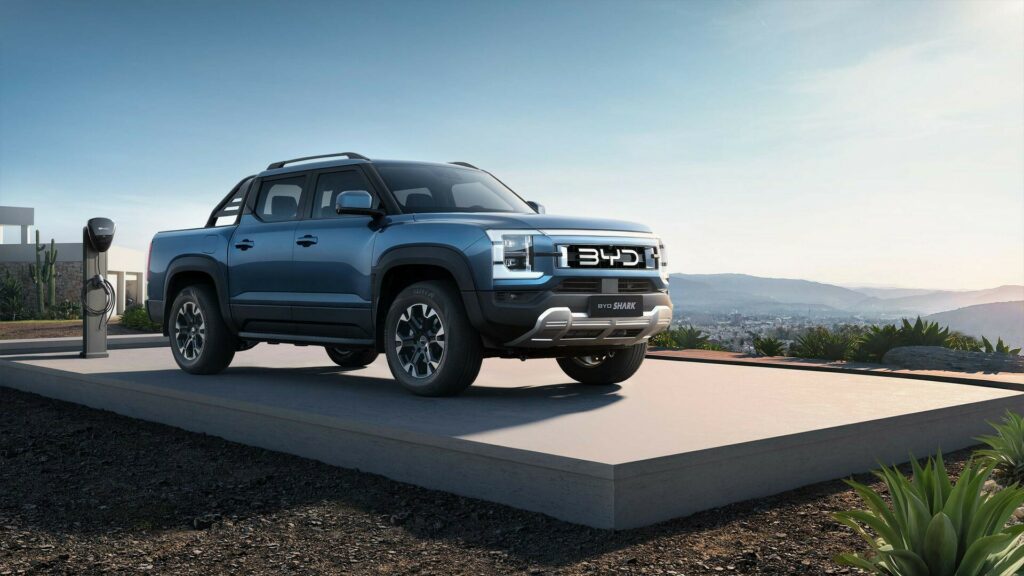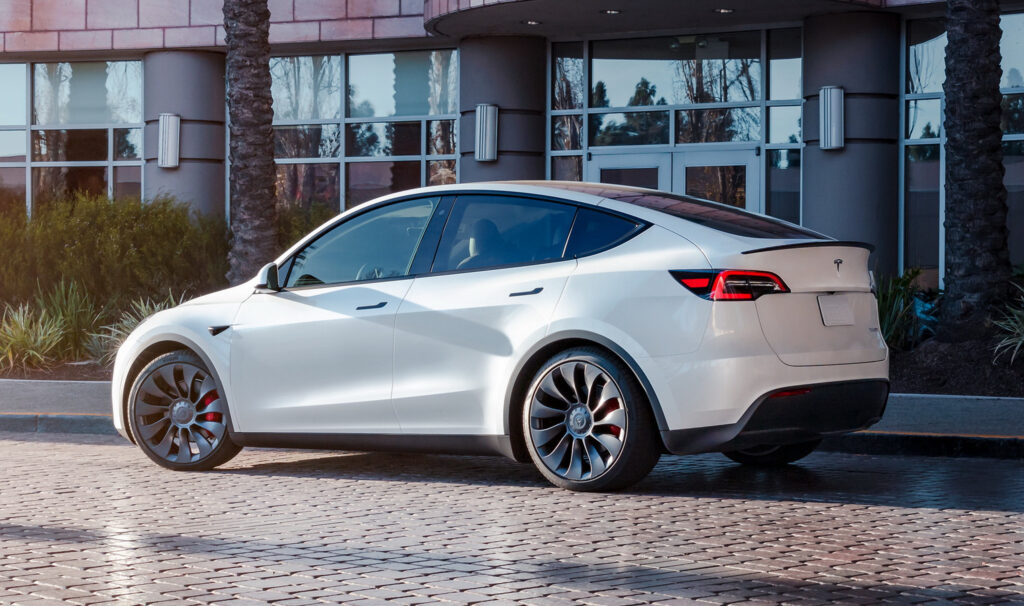- BYD insists price reduction requests can be negotiated and are not mandatory.
- The leading Chinese EV maker is on track to sell 4 million vehicles this year.
- Smaller automakers struggle to survive as China’s EV price wars continue to intensify.
Electric vehicle price wars in China show no signs of slowing down, and the stakes are rising fast. BYD, the world’s largest producer of electric and electrified vehicles, appears ready to push even harder for market dominance, with reports emerging that it’s pressuring suppliers to cut costs, a strategy that could set off yet another wave of price reductions across the industry
A leaked email from BYD executive vice president He Zhiqi recently surfaced on Chinese social media, revealing the company’s aggressive cost-cutting plans. The email, titled “BYD Passenger Vehicle Cost Reduction Requirements in 2025,” requested a supplier to slash prices by 10% by 2025. He Zhiqi stated in the message, “In order to enhance the competitiveness of BYD passenger cars, we need the entire supply chain to work together and continue to reduce costs.”
Read: BYD Is A Human Rights Villain, New Study Claims
According to the New York Times, BYD confirmed the email’s legitimacy, with a company spokesperson noting that “annual bargaining with suppliers is a common practice in the automotive industry”. They added that BYD frequently puts forward “price reduction targets for suppliers” but insists these are not “mandatory” and can be negotiated.
The Fallout of China’s EV Price Wars
China’s EV price war has been raging for the past two years, forcing smaller carmakers out of the market and driving consolidation among others. The battle has also spurred collaborations between Chinese and Western automakers, as seen in Volkswagen’s recent partnership with Xpeng. Increased competition has kept prices low for consumers but has also heightened pressure on carmakers to find new ways to cut costs and stay afloat.

Despite the turbulence, BYD has so far emerged stronger from the price wars. The company is on track to sell over 3.6 million vehicles by the end of the year, with a Q3 gross margin of 21.9%, which is significantly higher than many rivals. BYD’s revenue during the same quarter even surpassed Tesla’s, solidifying its position as a global powerhouse. If trends continue, BYD could soon overtake legacy automakers like Ford and Honda in annual sales, according to The New York Times.
Tesla and Rivals React
BYD isn’t the only automaker preparing for deeper cuts. For example, SAIC Maxus Automotive recently sent a letter to suppliers asking for a 10% reduction in costs due to the oversupply in the Chinese automotive market. In the letter, the carmaker noted more new car companies are launching and price wars show no signs of stopping.
Meanwhile, Tesla remains one of BYD’s most high-profile competitors in China. Earlier this week, Tesla announced a 4% price cut for its Model Y in the country, slashing roughly $1,400 from its price tag. The move highlights Tesla’s efforts to keep pace with BYD and other Chinese automakers, ensuring it stays competitive in a market that is increasingly dictated by affordability.




